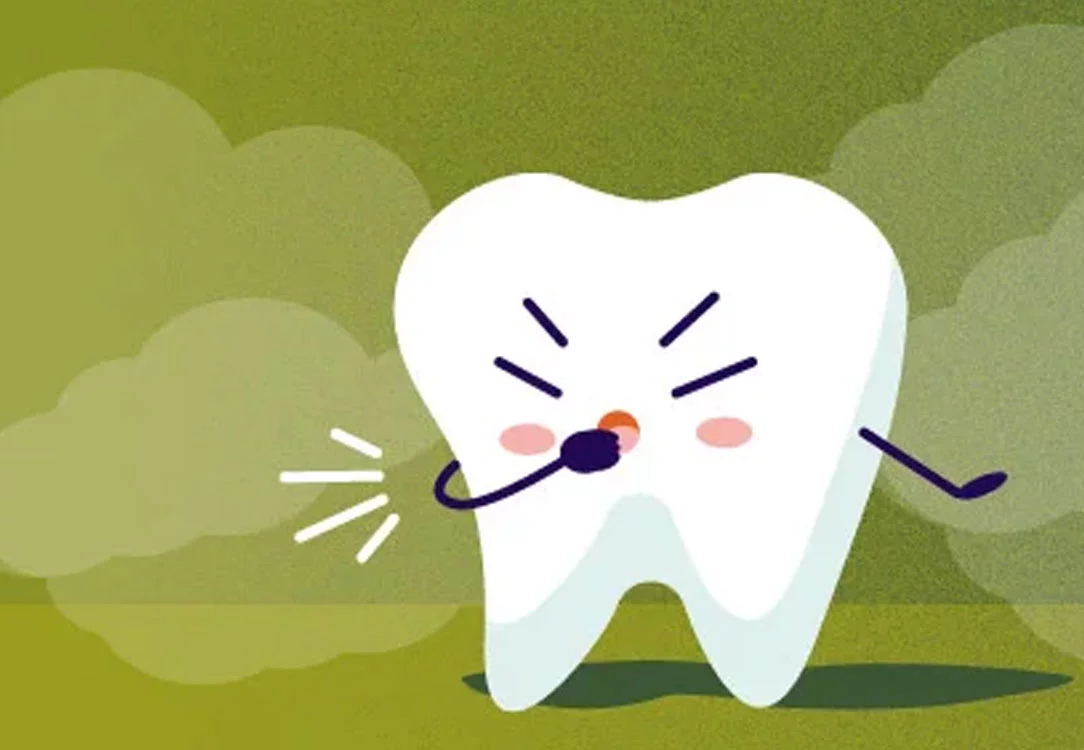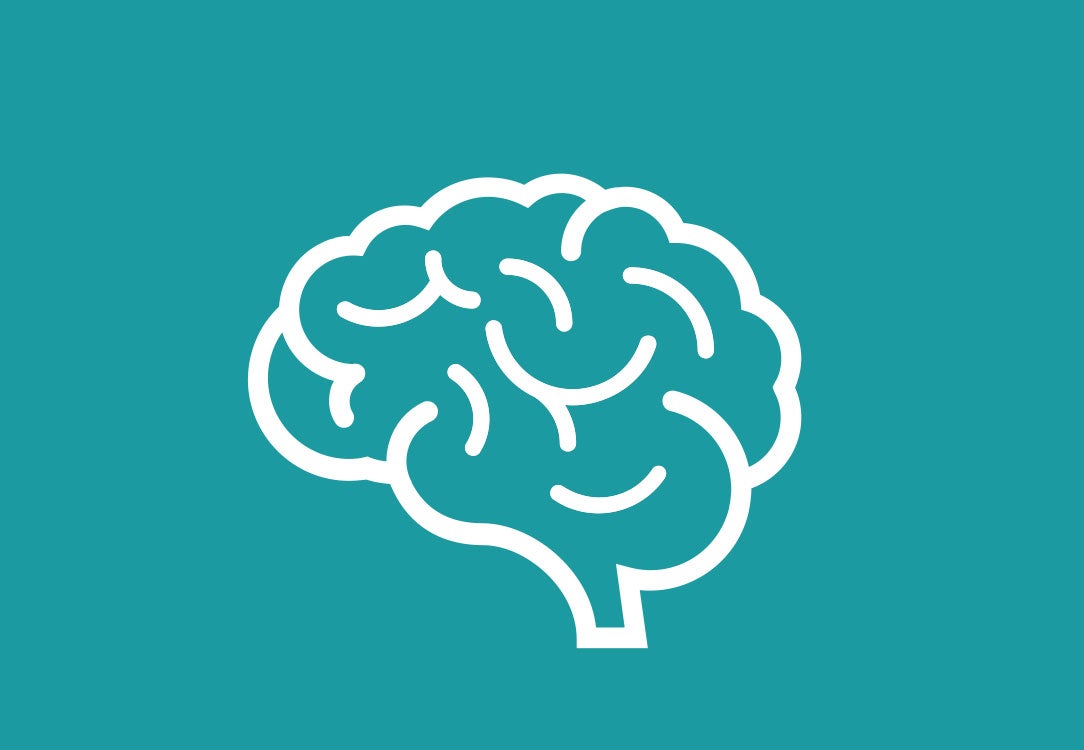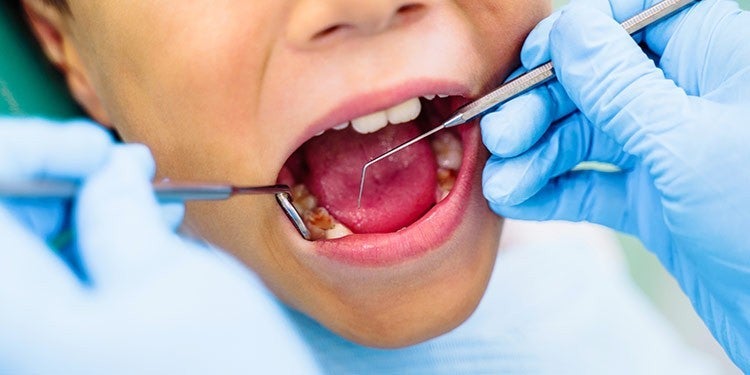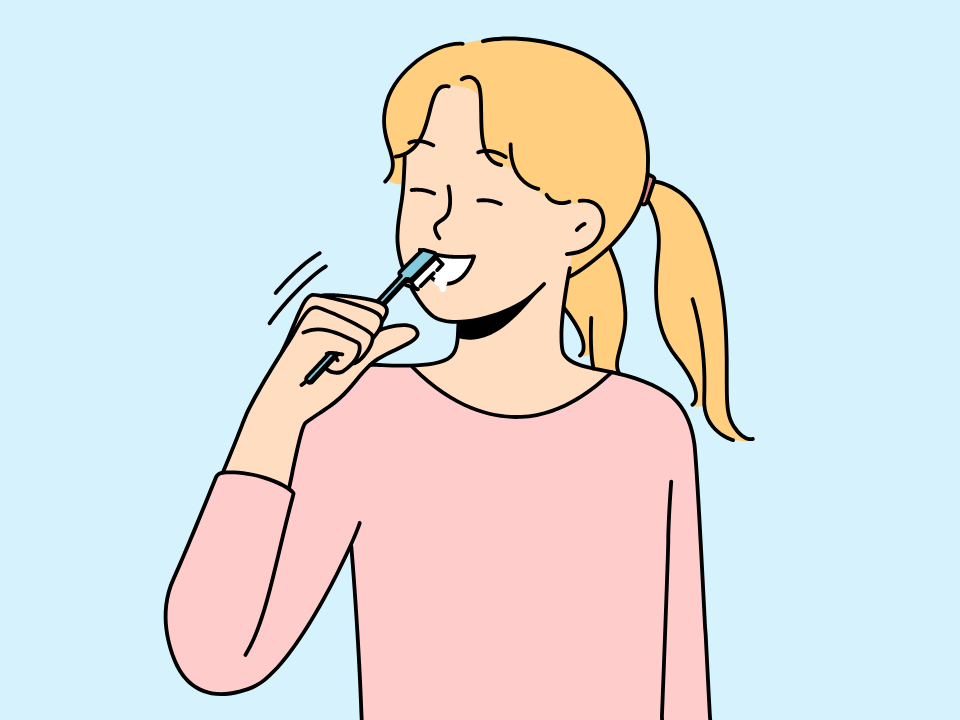Does Smoking Weed Affect your Gums?
The gums are one area of the mouth affected by smoking marijuana.
Gum recession results in a couple of ways.
Similar to cigarette smoking, marijuana smoking can cause dry mouth. The mouth doesn’t produce the proper amount of saliva to control oral bacteria. That leads to an increase in bacteria that damages teeth and gums.
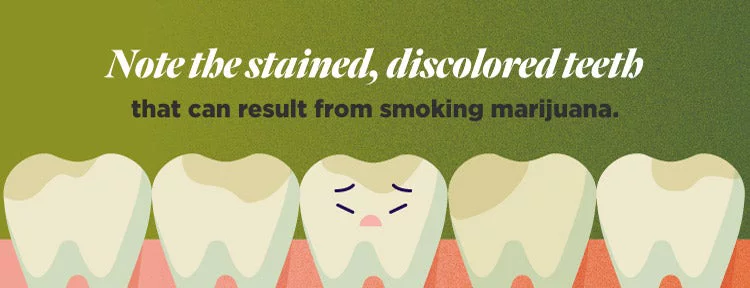
Does Smoking Weed Stain your Teeth?
Like smoking tobacco, marijuana usage will also stain your teeth, which your dentist is sure to notice. The smoke contains carcinogens – the agents that cause tooth discoloration. Inhaling smoke regularly results in stain accumulation. The staining is compounded by not practicing regular oral care, including brushing and flossing.
Chronic discoloration can be somewhat negated by professional teeth whitening treatments. Those options should be discussed with your dentist.
Does Smoking Weed Affect Your Teeth?
Tooth decay is one way that smoking weed negatively affects teeth. Once gums become irritated and recede, they separate from teeth. This creates pockets between the gums and teeth. Bacteria and plaque harvest in those gaps and can eventually result in tooth decay. Gum disease and bad breath are other dental issues that can arise from smoking weed.
Marijuana Chewing Gum
The gum allows you to consume a daily CBD dose easily and discreetly. It releases the cannabinoid through the sublingual pathway. CBD chewing gum allows the cannabinoid to reach the bloodstream without passing through the liver. This means you don't lose part of the cannabinoid to metabolization in the liver.
THC Tinctures
THC tinctures are cannabis oil products that contain THC extracts. They are typically made up of cannabis extract and high-proof alcohol. Occasionally they include a slight number of essential oils.
Can Smoking Weed Cause Cavities?
The increase in tooth decay associated with smoking marijuana naturally brings an increase in cavities, also known as dental caries. One way this occurs is due to the desire to eat brought about by marijuana usage.
Often referred to as “the munchies,” people high on weed resort to poor food and drink choices to satisfy their hunger and thirst. Many of those foods and drinks are processed; thus, they have high sugar content. That accelerates the decay process and leads to a higher number of cavities in marijuana smokers than in non-users.
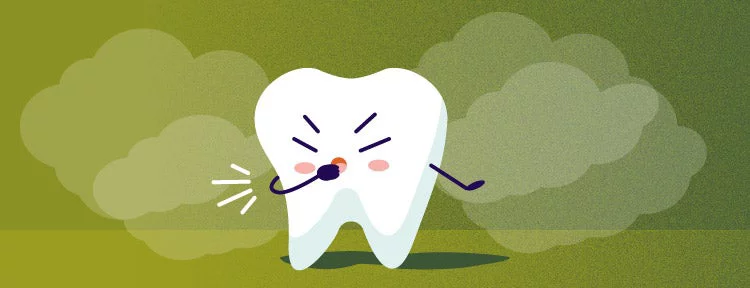
Does Smoking Weed Help a Toothache?
Cannabidiol, more commonly known as CBD, is the compound in the hemp and cannabis plant that has pain-relieving benefits. CBD does not produce a high, but it is used to treat anxiety, certain types of chronic pain, and seizures.
Find a Dentist Near Me
Consult your dentist to discuss any questions about can smoking weed damage your teeth and any positive effects of marijuana on your oral health. Or, check out The Smile Generation Find a Dentist Tool to find a dentist near you for all your mouth health needs. You can read patient reviews, peruse staff bios, and schedule an appointment online with a click of your mouse.
Find your trusted, local dentist today!
Sources
- Kahn, S. (2019, December 2). Does marijuana chewing gum work? The Science Times. Retrieved October 3, 2024, from https://www.sciencetimes.com/articles/24333/20191202/marijuana.htm
Smile Generation blog articles are reviewed by a licensed dental professional before publishing. However, we present this information for educational purposes only with the intent to promote readers’ understanding of oral health and oral healthcare treatment options and technology. We do not intend for our blog content to substitute for professional dental care and clinical advice, diagnosis, or treatment planning provided by a licensed dental professional. Smile Generation always recommends seeking the advice of a dentist, physician, or other licensed healthcare professional for a dental or medical condition or treatment.


